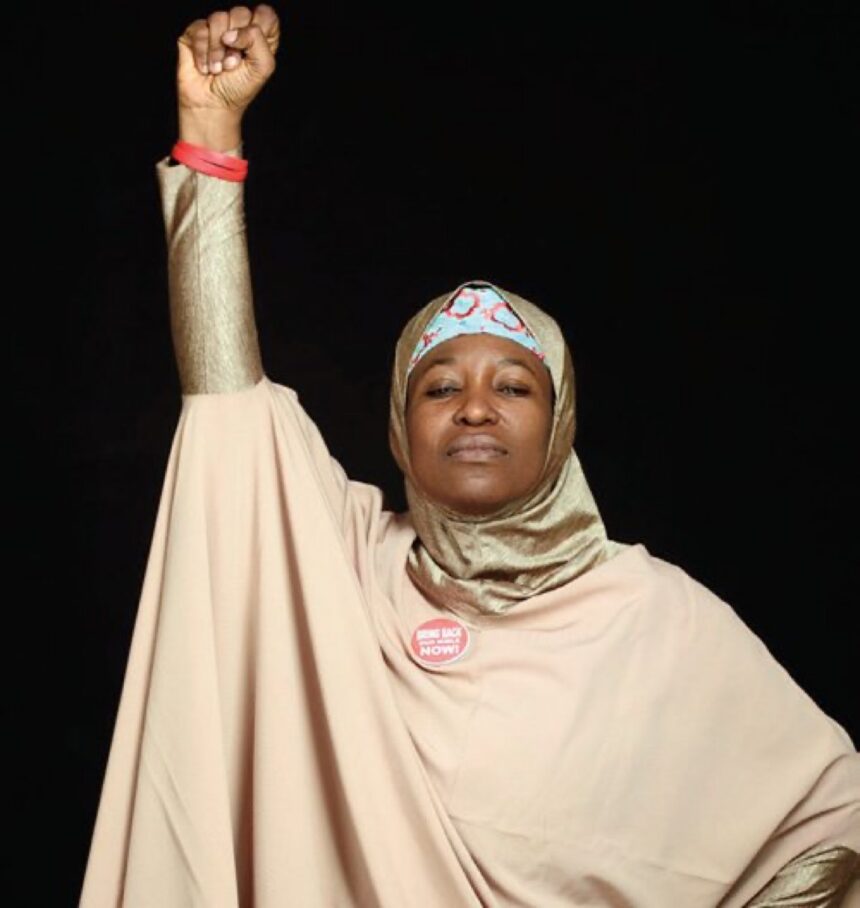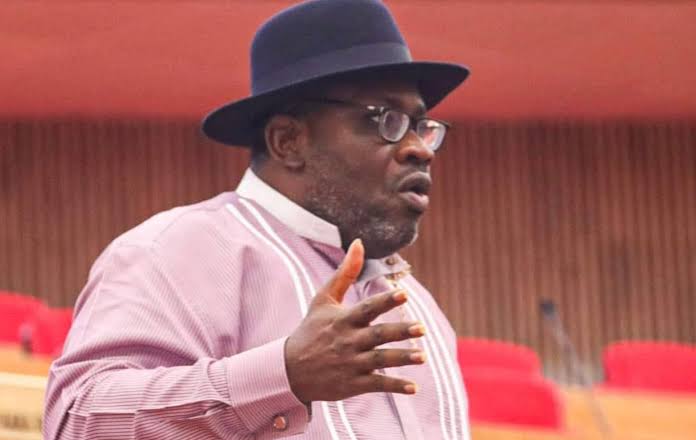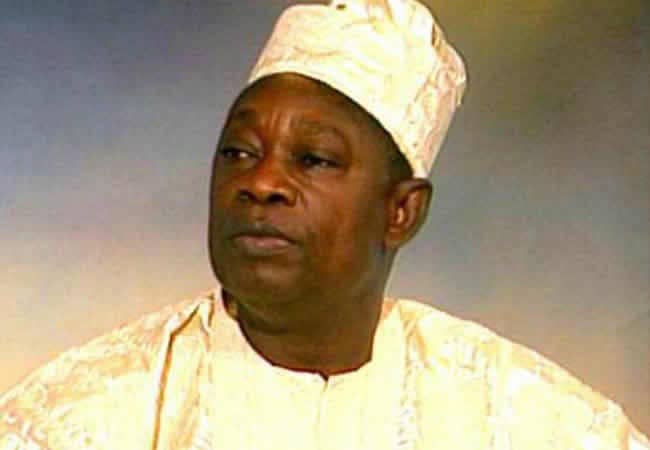The Nigerian Presidency has officially denied the validity of a viral list circulating on social media that falsely claims that prominent activist Aisha Yesufu and 35 other individuals were recently awarded national honours by President Bola Ahmed Tinubu.
The denial was issued on Friday, following widespread dissemination of the list across various online platforms. The controversial list purported that the named individuals were recipients of national awards conferred by the President, suggesting a recent honours list released from the Office of the President.
READ ALSO: consistent – Aisha Yesufu urges Obidients
In response, the Special Adviser to the President on Information and Strategy, Bayo Onanuga, issued a firm rebuttal through an official statement. Onanuga categorically declared the list to be “fake” and emphasized that the document did not originate from any authorized government channel. He urged the public and media to disregard the content, reiterating that no such honours had been announced by the Tinubu administration.
The list, which gained traction earlier this week, included names of well-known figures, most notably Aisha Yesufu, a co-convener of the #BringBackOurGirls movement and a vocal critic of successive Nigerian governments, including the current one. The inclusion of Yesufu in the fabricated list sparked confusion and debate among Nigerians, given her highly critical stance towards the government’s policies and her consistent activism for good governance and human rights.
Several media outlets initially picked up the list without verifying its authenticity, adding to the confusion and leading many Nigerians to believe that the honours had indeed been conferred. However, checks revealed that there had been no formal ceremony or press release by the presidency to mark the conferment of national honours, which are typically announced through official channels and accompanied by a national event or publicised citations.
In his statement, Onanuga stressed the need for caution when sharing unverified information online, particularly when such claims concern sensitive national matters such as state honours. He warned that the proliferation of misinformation poses a serious challenge to public discourse and national unity.
National honours in Nigeria are among the highest forms of recognition granted by the federal government to individuals who have made significant contributions to national development. These awards are conferred annually and follow a strict nomination and vetting process involving various government departments and advisory committees. Typically, honorees are invited to an investiture ceremony, which is often televised and well-publicised.
No such ceremony has occurred recently, and there has been no official announcement indicating that a new list of awardees has been approved by President Tinubu. The viral document did not feature on any official government website or communication channel, raising further doubts about its authenticity before the presidential rebuttal.
Following the presidency’s denial, there has been no claim of responsibility for the creation or distribution of the fake list. The motivation behind its circulation remains unclear, though analysts suggest it may have been an attempt to stir public reaction or to sow confusion about the government’s actions.
The incident adds to growing concerns about the spread of false information in Nigeria’s online space. With social media playing a significant role in shaping public opinion, the government has repeatedly called on citizens to verify information before sharing, especially when the subject matter relates to national institutions, prominent individuals, or official state functions.
Aisha Yesufu, whose name appeared prominently on the forged list, has not publicly commented on the matter as of the time of reporting. However, her known critical stance towards the administration and strong advocacy for transparency and accountability make her inclusion in the supposed list appear inconsistent with previous awardee profiles, raising questions among observers even before the presidency addressed the issue.
The presidency concluded its statement by reaffirming its commitment to openness and transparency in all official matters. It also encouraged the public to rely on official channels for verified government information and to treat unverified social media content with skepticism.





